Our History
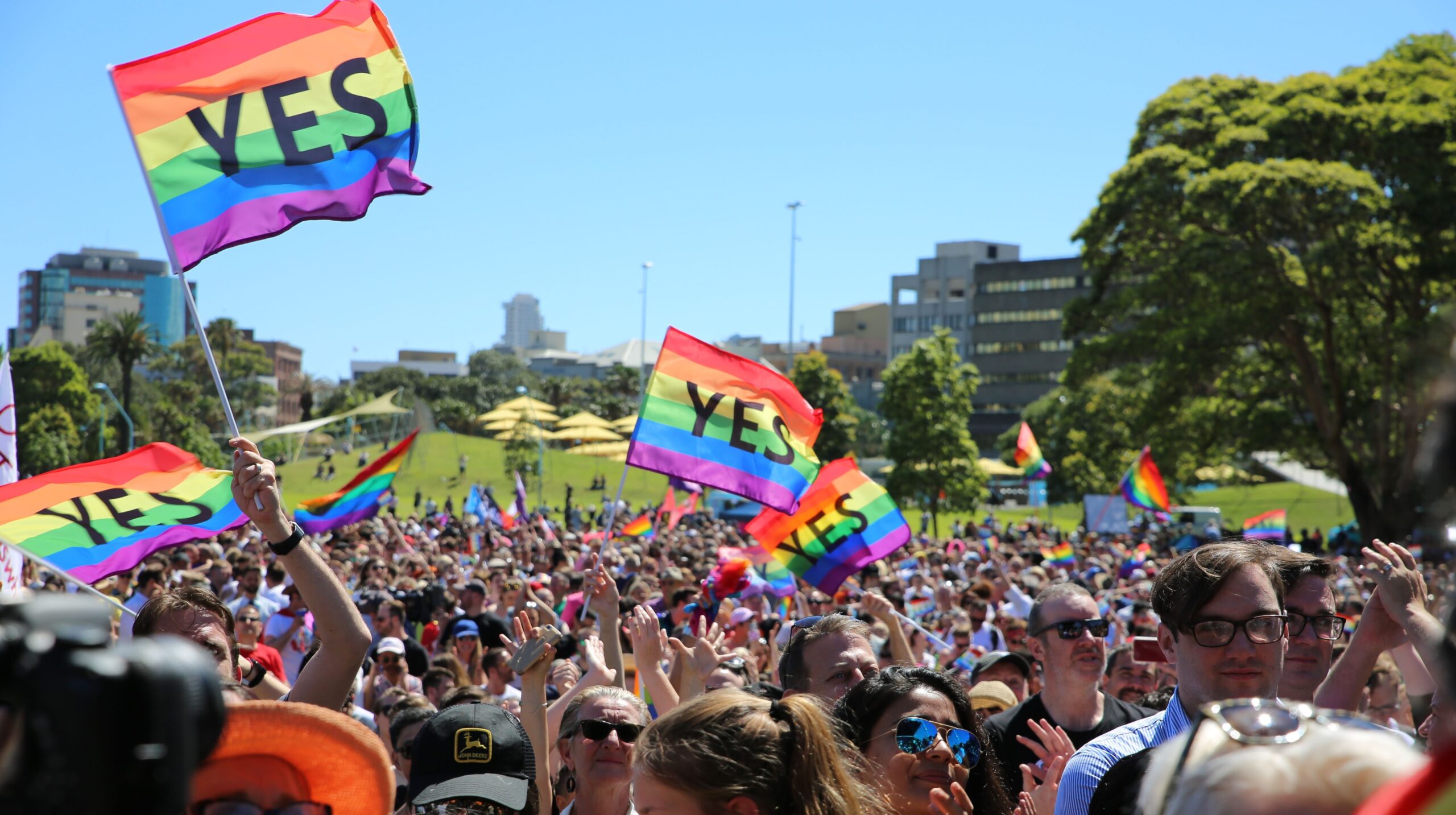
Equality Australia emerged from the campaign to deliver marriage equality for millions of current and future Australians and is now a permanent body tackling the discrimination and systemic injustice experienced by LGBTIQ+ people.
Find out more about the campaign behind the historic moment and how we worked together to achieve change.
Equality Australia is building on the legacy of generations of leaders and activists who have enabled great leaps forward, as well as the strength and resilience of LGBTIQ+ communities. We want a fair and inclusive Australia for all LGBTIQ+ people, their families and communities.
Since Australia said YES to marriage equality, the Equality Australia community has:
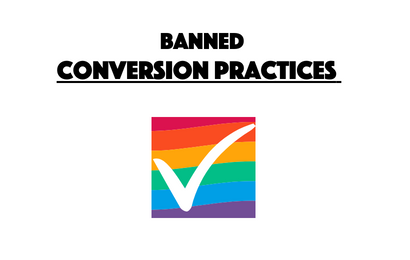
We have worked with state governments alongside survivor advocates from groups such as Ending Conversion Practices WA, ABBI and Brave Network, to end damaging LGBTQ+ conversion practices in the ACT, Victoria and Queensland.
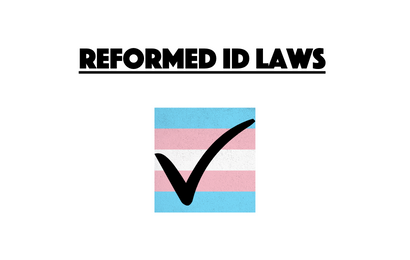
We have successfully campaigned for reform to birth certificate laws, with legislation passed in Victoria to remove the cruel and unnecessary barriers trans and gender diverse people face when updating their birth certificates. Working alongside groups like Transgender Victoria, Transcend and PFLAG QLD made these reforms possible.
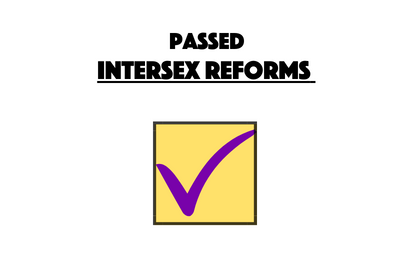
We worked with the ACT Government and advocacy groups Intersex Human Rights Australia (IHRA) and A Gender Agenda (AGA) to pass landmark legislation banning unnecessary medical procedures on intersex children without their consent. We developed a legal model for the Victorian Government, which has also committed to the reform.
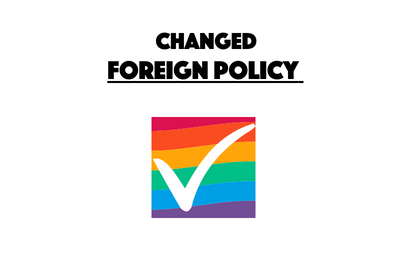
Working with the Global Philanthropy Project, Equality Australia brought together Asia and Pacific LGBTIQ+ community groups and advocated intensively in the lead up to Sydney WorldPride. This led to the Foreign Minister announcing Australia’s first long-term strategy and dedicated fund to promote international LGBTIQ+ rights, with a particular focus on the Asia Pacific region.
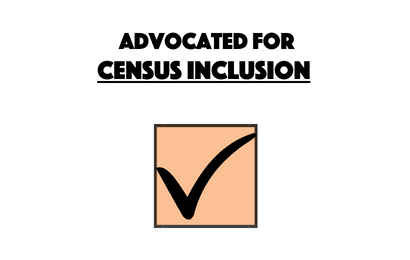
Equality Australia is working with the Australian Bureau of Statistics as part of an LGBTIQ+ Expert Advisory Committee on the possible topics, questions, analysis and dissemination of data for the next census in 2026.
This follows a complaint we brought alongside non-binary parent and partner, April Long, when the census failed to properly count LGBTIQ+ people in 2021.